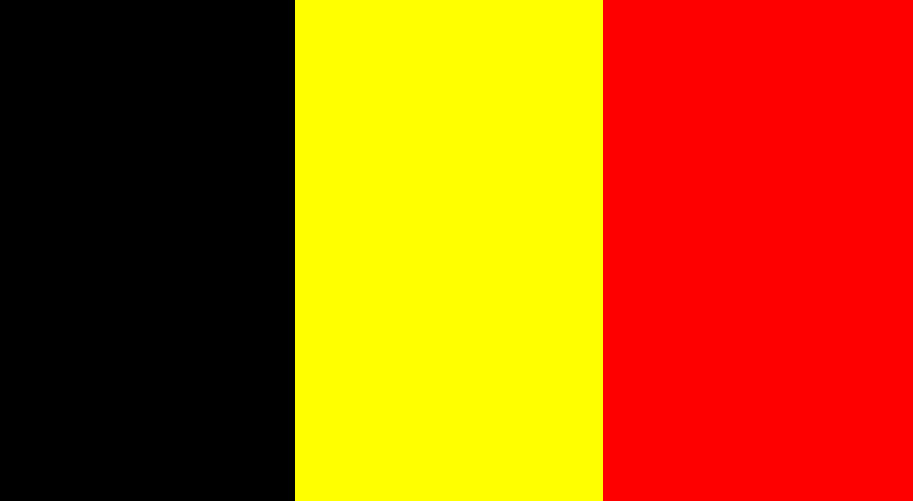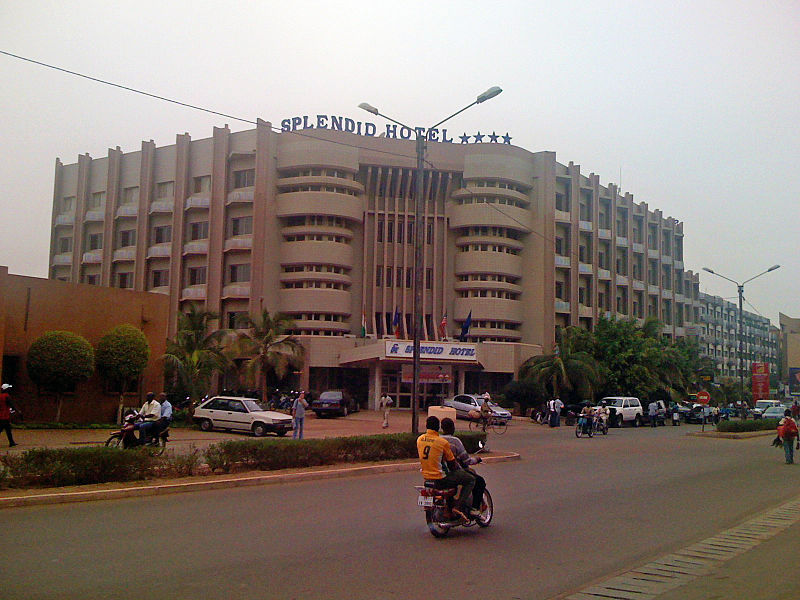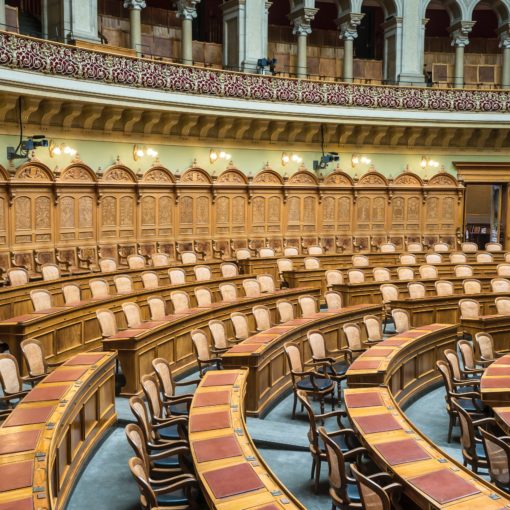On Tuesday, March 22nd 2016 terror made its way to another European nation, this time in the Belgian capital of Brussels. The attacks saw 34 civilians killed and hundreds injured in three explosions. Two bombs were detonated at the Zaventem international airport and one at the Maelbeek Metro station near the European Union’s headquarters. What we know so far is that the two suicide bombers at the airport have been named as brothers Khalid and Ibrahim El-Bakraoui, allegedly the Paris bomb maker was seen next to the two in CCTV footage. The Independent has claimed that these attacks were in retaliation for Belgium’s role in fighting militants in Syria.
In the aftermath of the attacks many nations came to condemn the attacks, President Barack Obama also commented on the attacks during his visit to Cuba. Poland’s Prime Minister Beata Szydlo has stated that Poland stop accepting migrants after the attacks while simultaneously calling the attacks “a disgusting example of terror in Europe”. The infamous hacker group “Anonymous” declared war on the Islamic State in a chilling video released at 3 o’clock the next day. They made it very clear what their intentions are when they said, “Our freedom is once again under attack, this cannot continue”. London, Brussels, Toronto and most major metropolitan North American cities had a massively increased security presence following the attacks.
But what response was offered by our own Prime Minister? In a statement made shortly after the attacks Trudeau offered this to the Belgian people “Canada stands by Belgium in this difficult time and offers all possible assistance. We will continue to work closely with our allies and the international community to help fight and prevent terrorism here and abroad and to bring justice to those who are responsible”. I found myself asking the question, what value does this statement have? What kind of assistance is Canada actually offering our international allies? According to MacLean’s and the National Post, Canada contributed just 2.5% of the total airstrikes in Syria and, in February of this year, ended its aerial combat mission in both Iraq and Syria. This leaves our major allies abroad, such as the United States, Belgium, France, the United Kingdom, Denmark and the Netherlands, wondering where we went.
Following Mr. Trudeau’s statement, I’m sure they’re wondering exactly what he meant by “all possible assistance”. All possible assistance generally means some form of contribution to the massive aerial combat mission that is already underway. President Barack Obama made similar comments during his visit to Cuba, however considering that the United States has completed 71% of the bombing missions in Iraq and Syria there is little need to doubt him.
There will be the nay-sayers and those who point out that we have Special Forces on the ground training forces to fight the Islamic State, but how effective is this training? According to Al Jazeera the United States has already been down this road. After having spent five hundred million dollars, they managed to train sixty troops. In case you were curious that works out to about eight and half million dollars per troop. Comparatively, according to US Department of Defence statistics, that is the cost of fifty thousand hours of flight time in a fighter bomber or twelve thousand five hundred JDAM smart bombs.
The point is this: ISIS is a threat to Canada and its allies. As a nation we’ve left our international friends out in the cold, we’re spending money on training programmes that are proven not to work, and our Prime Minister is spewing empty rhetoric. Just how many friends will Canada have left after the sun finally sets on the Islamic State?
Christopher Vanderburgh
Contributor, the Athenaeum





